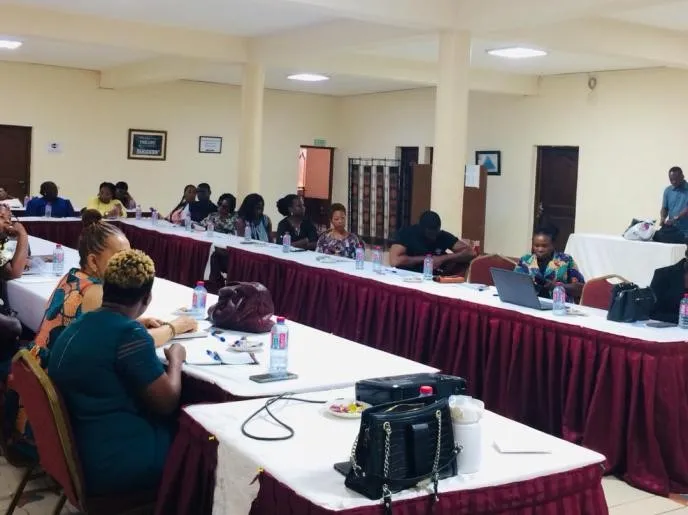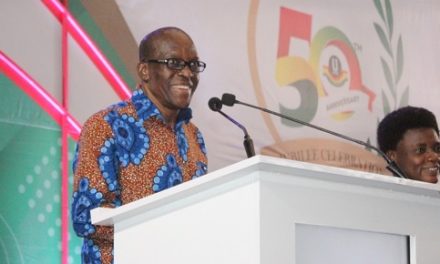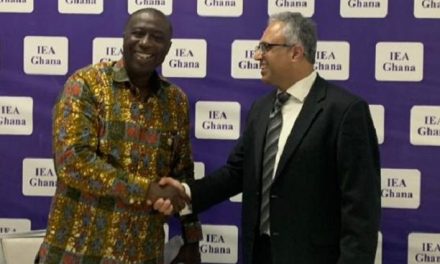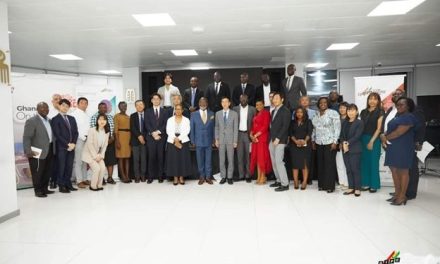
Survey Reveals Lack Of AfCFTA Awareness Among Women And Youth In Business2 min read


According to a situational analysis conducted by the Aya Institute for Women, Politics and Media, there is a lack of detailed information on the African Continental Free Trade Area (AfCFTA) among women and youth in business.
Programmes Coordinator of the institute, Bridget Biney, explained that information about the protocol has primarily reached technical experts and businesses, leaving women and youth in the micro, small and medium enterprises (MSMEs) sector with little to no knowledge about AfCFTA.
“We’re facing a significant challenge where there’s limited or insufficient information about the AfCFTA; it’s not widely known. Currently, discussions about the AfCFTA protocol and related matters are mainly confined to technical or business circles. However, we have the opportunity to demystify the AfCFTA for every aspiring entrepreneur or young person interested in business, making the agreement accessible and understandable to all,” she noted.
The research is backed by the Gesellschaft für Internationale Zusammenarbeit (GIZ) GmbH (GIZ) Ghana through the ‘Programme Support Scheme for the AfCFTA’.
Providing context for the situational analysis, she elaborated that following the institute’s 2022 research on the potential of Ghanaian-led MSMEs to capitalise on the AfCFTA, they recognised the necessity to delve deeper and conduct a situational analysis specifically focusing on the two crucial demographics: women and youth.
She said these two demographic groups remain paramount in this context due to the escalating unemployment among youth, which is driving more young individuals to explore entrepreneurship opportunities. She added that 70 percent of MSMEs in the country are owned by women, further underscoring the significance of these demographics.
Ms. Biney made these remarks during a stakeholder workshop, where she revealed the key findings, challenges, recommendations and other insights gleaned from the situational analysis on women and youth regarding the AfCFTA.
She recommended that education about the AfCFTA should be widespread and tailored to be easily understood, with information presented in local languages. This initiative should specifically target areas where SME issues are prevalent.
“There has to be a widespread of AfCFTA. We shouldn’t limit it to just technical people. There has to be that free flow of the agreement. Everyone should know what it is,” she said.
To ensure that women and youth benefit from the protocol that specifically targets them, the analysis highlighted several key issues that require critical attention. These include, but are not limited to, market reforms, gender equality and addressing social handicaps.
Angela Benefo, a representative of GIZ Ghana, in her remarks, said GIZ is partnering gender organisations such as the Aya Institute for Women, to conduct research on women and AfCFTA with the aim of improving gender-specific trade outcomes in MSMEs in Ghana.
GIZ Ghana has been supporting the Aya Institute for Women since 2022 to carry out research in the area of trade and women-led MSMEs in Ghana.
Chairperson, Gender and Trade Sub-Committee at the National Trade Facilitation Committee – AfCFTA, Naa Densua Aryeetey, maintained that successive governments have made an effort in empowering women in diverse ways.


















